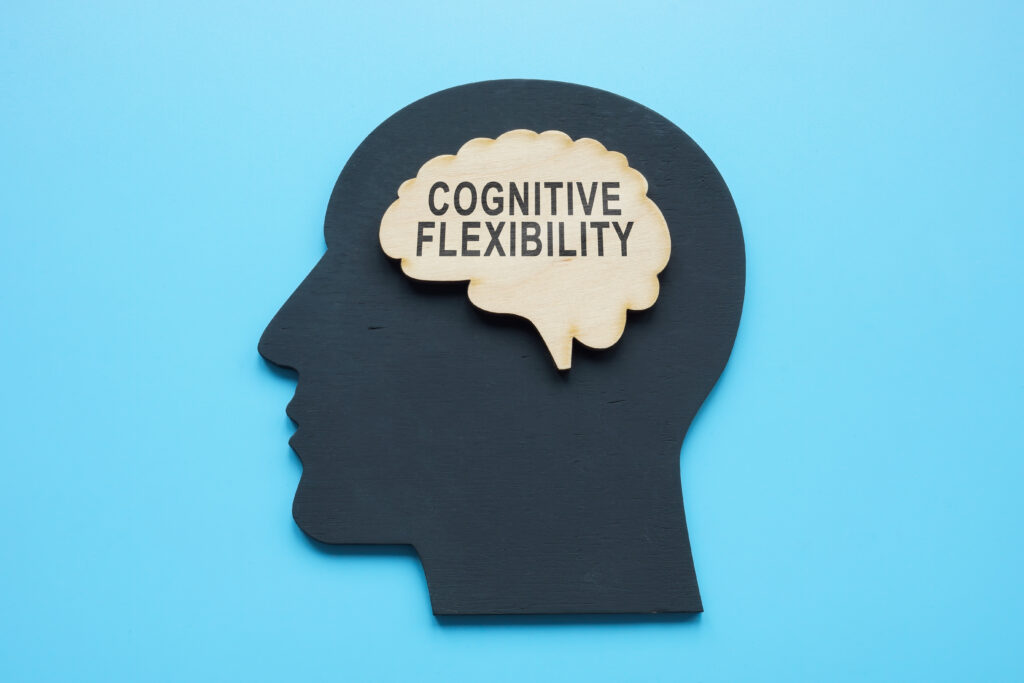Being a caregiver for a loved one with dementia can be a challenging and emotionally draining experience. On top of that, trying to balance your caregiving responsibilities with work can make the situation even more overwhelming. It can often feel like you are being pulled in different directions, trying to meet the demands of both your job and your loved one’s needs. However, finding a balance between work and dementia caregiving is crucial for your own well-being and the well-being of your loved one. In this article, we will discuss some tips and strategies for effectively balancing work and dementia caregiving responsibilities.
Understand the Demands of Dementia Caregiving
Before we dive into tips for balancing work and caregiving, it is important to understand the demands of dementia caregiving. Dementia is a progressive neurological disease that affects memory, thinking, behavior, and the ability to perform everyday tasks. This means that as a caregiver, you will need to take on a variety of tasks such as managing medications, coordinating appointments, providing emotional support, and helping with daily activities like bathing, dressing, and eating.
Additionally, people with dementia can experience changes in mood and behavior, which can be challenging for caregivers to handle. All of these responsibilities can be physically and emotionally taxing, so it is essential to recognize and acknowledge the demands of dementia caregiving.
Communicate with Your Employer
The first step in balancing work and dementia caregiving is open communication with your employer. Many employers are understanding and willing to work with their employees who have caregiving responsibilities. Consider talking to your supervisor or human resources department about your caregiving responsibilities and how they may affect your work schedule.
Be honest about your situation, but also offer solutions such as flexible working hours or the ability to work from home. It is important to have a plan in place to manage your workload and ensure that your job responsibilities do not suffer. Additionally, some companies offer employee assistance programs (EAPs) that provide resources and support for caregivers. Take advantage of these resources to reduce your stress and manage your responsibilities effectively.
Create a Care Plan
Having a clear plan in place can help reduce the stress and uncertainty of managing both work and dementia caregiving. Sit down with your loved one and other family members or friends involved in their care and create a care plan together. This plan should outline the daily routines, medical needs, and any other important information regarding your loved one’s care.
Include details such as medication schedules, doctor appointments, preferred activities, and emergency contacts. Having a care plan in place can also help you communicate effectively with your employer and colleagues about your caregiving responsibilities.
Prioritize and Delegate Tasks
As a caregiver, it is important to remember that you cannot do everything by yourself. It is essential to prioritize tasks and delegate responsibilities to other family members or hired caregivers. This will not only help you manage your workload but also ensure that your loved one receives the best possible care.
Make a list of the most critical tasks and responsibilities, such as managing medications, coordinating appointments, and providing emotional support. Then, consider which tasks could be delegated to others. For example, if you have siblings or other family members involved in your loved one’s care, discuss how they can support you with specific tasks. You can also consider hiring a professional caregiver to assist with daily activities, giving you more time to focus on your work.
Take Care of Yourself
It is easy to get caught up in the demands of work and caregiving and neglect your own well-being. However, taking care of yourself is essential for maintaining the balance between the two responsibilities. Make time for self-care activities such as exercise, hobbies, or spending time with friends and family. Taking breaks from caregiving can help reduce stress and prevent burnout.
Also, prioritize getting enough sleep and eating a healthy diet to maintain your physical health. Remember, if you are not well, you will not be able to provide the best care for your loved one or perform at your best in your job.
Seek Support
Caring for a loved one with dementia can be emotionally taxing and overwhelming. It is essential to seek support from others who understand what you are going through. Join a support group for caregivers, either in person or online, to connect with others who are going through similar experiences. You can share your feelings, get advice, and find comfort in knowing that you are not alone.
Additionally, consider seeking professional counseling or therapy to help you cope with the challenges of caregiving. A therapist can provide you with tools and techniques to manage stress and maintain a healthy work-life balance.
In conclusion, balancing work and dementia caregiving responsibilities may seem like an impossible task, but with proper planning, communication, and self-care, it is achievable. Remember to prioritize your own well-being and seek support when needed. By taking care of yourself, you will be better equipped to provide the best care for your loved one and perform well in your job.


